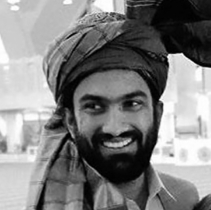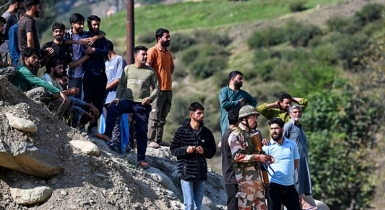
In Bangladesh, the tannery sector plays a major role in the national economy all over the country. The sector, which is mostly concentrated in Dhaka’s Hazaribagh area, has been essential for creating jobs and generating income from exports. However, despite its economic importance, the tannery industry has faced persistent issues, including environmental pollution, poor working conditions, and inadequate labour rights protection for workers.
One of the most pressing issues facing the tannery industry in Dhaka is environmental pollution. Large amounts of untreated waste were immediately dumped into the Buriganga River by these tanneries, seriously contaminating the river. The Central Effluent Treatment Plant (CETP) in Savar has not been fully operational, leading to ongoing environmental concerns. These untreated wastes continue to affect water and soil sources and endangering the health of nearby residents.
Despite a 2017 Supreme Court revision on imposed fines on tanneries from Tk50,000 to Tk10,00 for not relocating, there are still ongoing issues with the relocation to Savar, in 2024.
In addition to environmental pollution, the tannery industry is increasing the health risk of the workers. Workers are frequently exposed to dangerous chemicals such as chromium sulfate, sulfuric acid, and various dyes and pigments used in the tanning process. These substances can cause serious health problems, including respiratory problems, skin diseases, and even cancer. Despite these dangers, there is often a lack of adequate protective gear and safety training for workers, which exacerbates their vulnerability.
Another major concern of Bangladeshi tannery workers is low wages. Workers often suffer from low incomes, long working hours, and a lack of job security. Many tannery workers who do not have formal employment contracts find it difficult to meet their basic needs as well as set aside money for the future. Some workers do not even receive the necessary overtime pay, which makes their financial difficulties worse. Therefore, by monitoring these issues, steps should be taken to arrange day wages and all kinds of facilities for the tannery workers.
The government must ensure strict enforcement of labour laws and regulations. This includes regular inspections, penalties for non-compliance, and mechanisms for workers to report violations anonymously.
Tannery workers deserve fair compensation and benefits. The government must be strengthened with the necessary steps to implement minimum wage standards, provide health insurance and provide job security through formal contracts. Tannery workers should be educated about their rights and provided with avenues to report workplace violations without fear of retaliation.
Various government and non-governmental organizations (NGOs) of Bangladesh, have attempted to solve these problems.
NGOs are actively working to raise awareness of labor rights and environmental standards. Bangladesh's tannery industry will advance toward higher quality as soon as these issues are resolved. International organizations also emphasize the improvement of these labour rights and environmental norms. They are also calling for compliance with labor laws and regulations.
The tannery sector in Dhaka is currently facing a decision. While it remains a vital economic sector, the neglect of labor rights and environmental responsibilities cannot continue. It is necessary to prioritize the welfare of tannery workers through strict enforcement of labour laws, improving working conditions and ensuring fair wages.
Creating a sustainable and ethical tannery industry requires collaborative efforts between governments, industry stakeholders, and international buyers that respect and value both the environment and the rights of its workers.
The writer is a Sub-Editor, United News of Bangladesh (UNB)





































